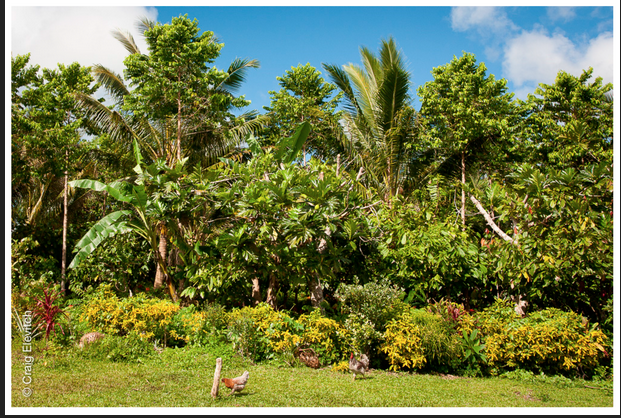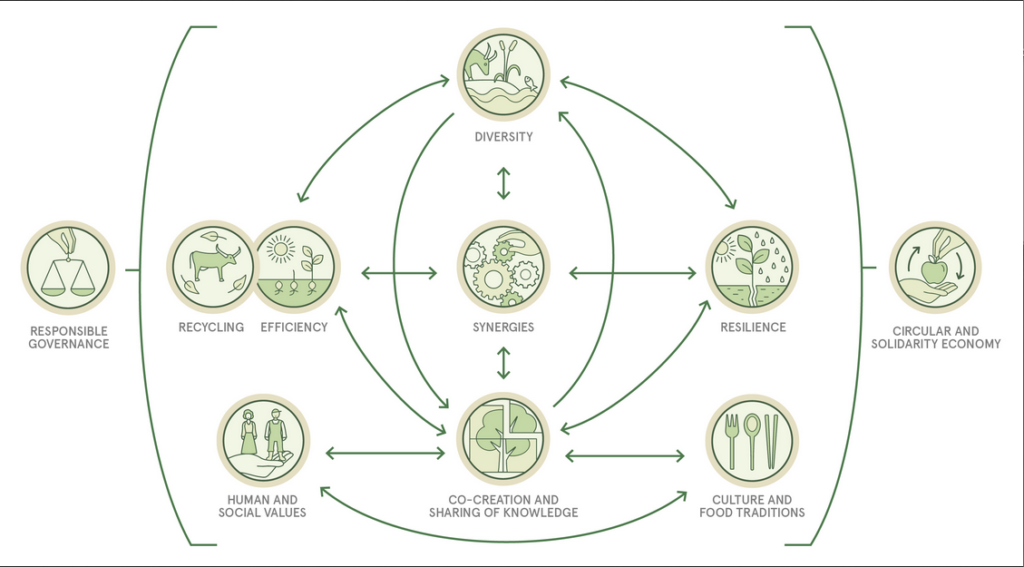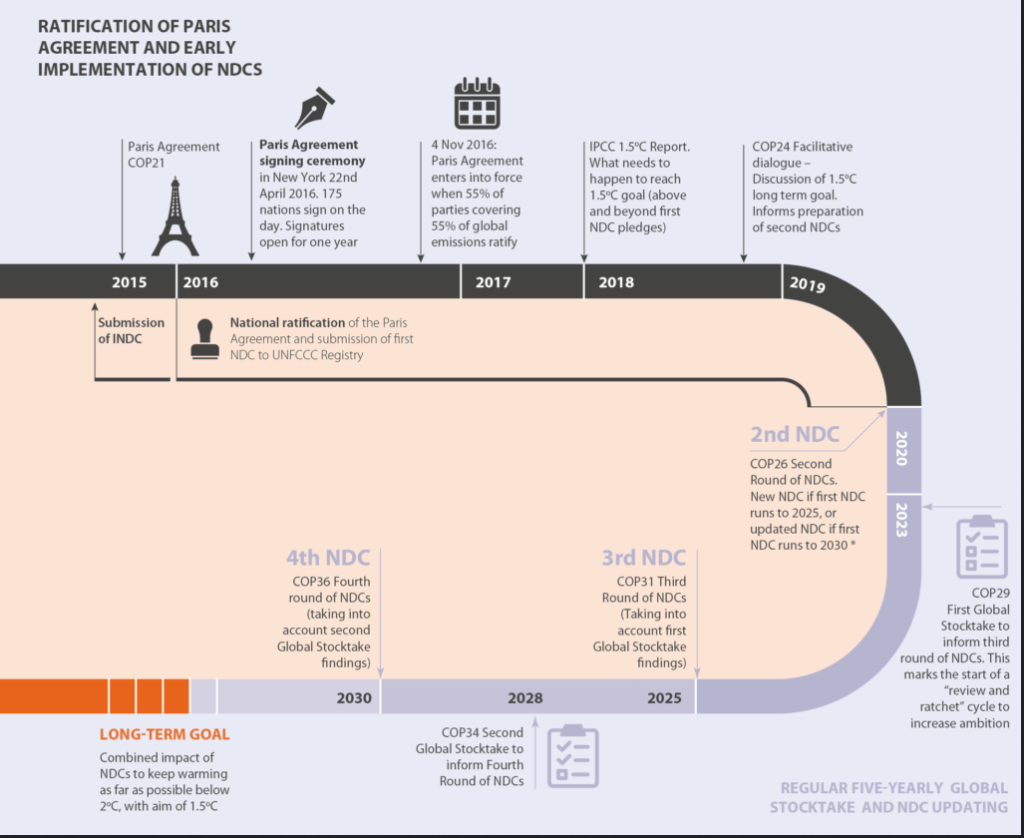As a long time student and practitioner of agroecology, I’ve been interested to learn more about how the suite of practices it represents are included – or not – in climate change policies. With its integrated, multi-sectoral approach to farm and resource management, community education and governance, and fair and equitable access to land and markets, agroecology has the potential to bring about the kinds of transformative change that many food systems experts say is necessary to meet the Sustainable Development Goals (SDGs) while also adapting to climate change. In 2019, the FAO’s High Level Panel of Experts (HLPE) declared the transition to agroecology to be the highest priority for swiftly moving towards sustainable food systems and ensuring food and nutrition security.

Agroecology has a long history in many countries as a social movement promoting the rights of smallholders to meaningful and productive livelihoods based on caring for natural resources using scientific approaches based on natural processes rather than heavy reliance on outside inputs like fertilizers and pesticides. Some agronomic practices common to agroecological production include cover cropping, crop diversification within a farm, integration of manures and/or domestic animals, multistory cropping or agroforestry, and a focus on soil building and water conservation. The FAO identified 10 Elements of Agroecology in 2018 as a means to promote and scale up the interrelated nature of the social, economic, and ecological nature of the practices as a whole.

Despite its prominence among food systems experts and the favorability of its characteristics among many farmers throughout the world, agroecology remains relatively under-represented when it comes to agroecology policy in many countries. Its even less well-represented in international climate commitments such as the Nationally Determined Contributions (NDCs).

As part of my thesis research, I’m taking a deep dive into understanding the policy processes at work behind creating national and sub-national agroecology policies, and whether and how these inform or support countries’ NDCs. As the primary means by which countries have committed to the Paris Agreement, NDCs represent an important window into understanding how various governments are talking about climate change and the actions they plan to take to adapt and mitigate to its effects.
Since implementation of agroecology provides such a comprehensive means by which countries could address multifaceted challenges posed by climate change and food and economic security, identifying its prominence (or lack thereof) in climate-related policy is an important starting point for helping to scale up its widespread adoption.
In Part 2 I will further detail my research methods and findings…stay tuned!
References
FAO (2018). The 10 Elements of Agroecology: guiding the transition to sustainable food and agricultural systems. Rome: Food and Agriculture Organization of the United Nations. http://www.fao.org/3/i9037en/ i9037en.pdf. Accessed 6/3/21.
HLPE 2019. Agroecological and other innovative approaches for sustainable agriculture and food systems that enhance food security and nutrition. A report by the high level panel of experts on food security and nutrition of the committee on World Food Security, Rome. http:// www.fao.org/3/ca5602en/ca5602en.pdf. Accessed 7/11/21.